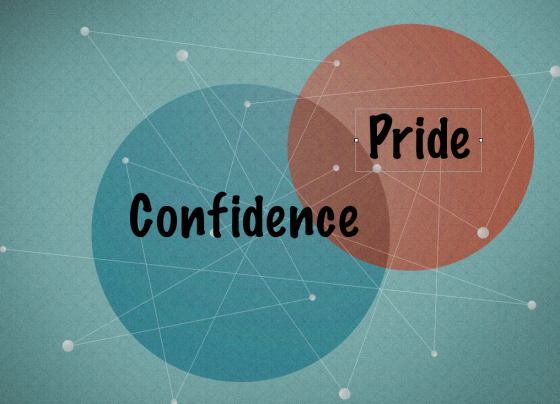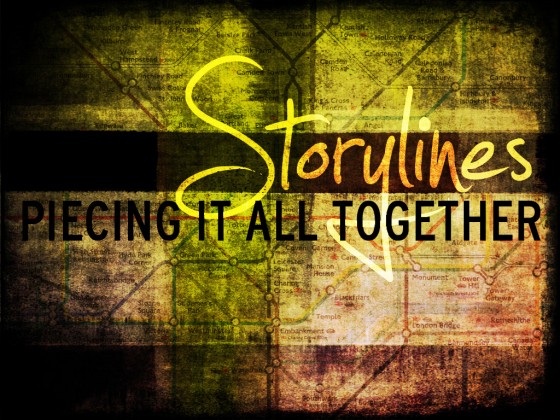Jesus said
Let the little children come to me, and do not hinder them, for the kingdom of heaven belongs to such as these. – Matthew 19:14
You can learn a lot from a 3 year old if you’re willing. I’ve been stretched by the way my son lives his life…stretched to think differently about the way I live and the way I lead.

image credit: Creation Swap user: http://creationswap.com/jonathanmalm
Maybe you will be, too.
10 Lessons from a 3 year old
1. Run fast and break things.
I think this is my 3-year-old’s life mantra right now. And he’s really good at it.
Leader: Playing it safe isn’t what we’re called to do. Faith takes risks, trusting God to work. Trusting that God is sovereign. And if we break something, it gives us the chance to figure out what doesn’t work, so we can truly find the best way to lead people in the best, most efficient way possible.
2. Have fun.
Everywhere my son goes, he’s having a good time. And he can make the best out of a boring situation. It’s amazing how fun he can make a department store.
Leader: If you’re not having fun, those you lead probably aren’t, either. And laughter is evidence that we serve a good God. (Psalm 126:2) If you want to show people that our God is good, have a little fun. In the process, if your team has fun together, you’ll go further together.
3. Don’t take yourself too seriously.
My son laughs at himself all of the time. He’s one of the funniest people he knows. 🙂
Leader: you have a tendency to be super serious. And super boring. When you take yourself too seriously, you set yourself up for disappointment, and inadvertently set yourself on a pedestal that’s begging to be brought down by the next bad idea.
4. Work so hard you have to rest.
By the time his head hits the pillow, most nights, he’s already asleep.
Leader: may we never be found lazy. The people we’re called to serve are too valuable for that. We should run so hard and give of ourselves so fully that we long for the Sabbath each week.
5. Don’t be afraid of new things.
My son tries new things every day. Whether that’s a new food, picking up a new bug, climbing a new playground, or meeting a new friend, my son knows very little fear.
Leader: We ultimately serve the most creative Being in the universe. And He’s sovereign over all things. So why should we ever be afraid of trying something new? If you break something, refer back to #1, above. It’s better to try something new and fail, than keep doing things that are weakly accomplishing our mission and vision.
6. Trust people who know and love you best.
My son has a huge trust of us, and of people he knows best. He’ll go anywhere, and do anything for, those who know and love him.
Leader: if we don’t have a circle of friends who know us, want what’s best for us, encourage and correct us…then we don’t have people we can really trust. It’s easy to keep people at arm’s length, and not allow yourself to be vulnerable. This is a dangerous place to be as a leader.
7. Don’t think. Do.
Rarely does my son evaluate the full range of possibilities before he does something. Which means he takes a lot more risks, ends up with a lot more bruises, and has a lot more fun.
Leader: there are times to evaluate and to perform risk assessments. But there are times when, if you do that, the change that needs to be made will pass you by. Doing something is better than doing nothing.
8. Make the big ask.
My son asks me to stay home from work. Often. And sometimes I do. 🙂
Leader: Need your leadership team to have your back on a new crazy idea? Make the big ask. Need to hire a new staff member, and only want the best? Make the big ask. Need a lot of money for your next project? Make the big ask.
9. Don’t wait for a title. Just lead.
My son doesn’t wait until someone declares him the “leader.” He just leads, and invites others to follow.
Leader: Wherever you find yourself in the organization, whether you’re the lead person or one of the staff members, don’t rely on your title to lead. Just lead, and invite others to follow. Leaders lead.
10. Be constantly curious.
3 year olds ask a lot of questions. And learn about a thousand new things every day.
Leader: learn to be a good question-asker. Ask, “Why not?” and, “What’s next?” constantly. Be willing to search outside of your box to find answers to your questions. Learn from other professions. Push the envelope. Your mission and vision are worth the cost.
Question:
Do you now, or have you ever, spend much time around a 3 year old?









